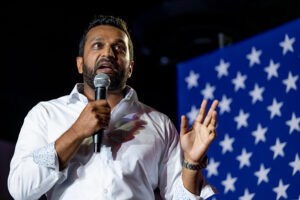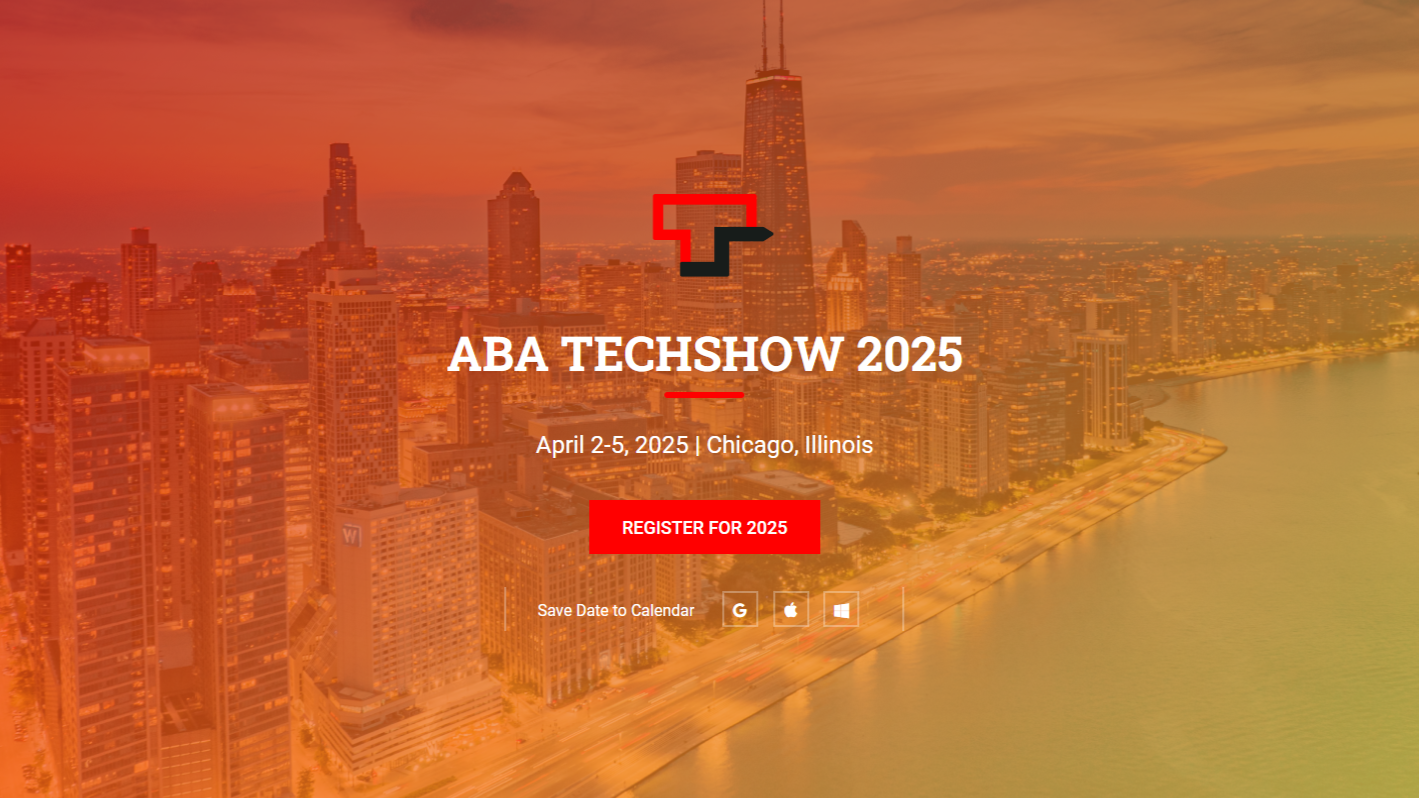A
hot
wind
blows
over
parched
land
in
eastern
Zimbabwe
on
a
mid-November
day,
as
Smart
Sithole
walks
into
a
clinic
with
some
difficulty.
The
temperature
is
not
the
only
reason
that
the
56-year-old
is
using
a
cloth
to
wipe
away
the
beads
of
sweat
trickling
down
his
face.
Sithole
has
been
struggling
with
dizziness
and
chest
pain
for
weeks,
and
nurses
from
a
rural
council-owned
clinic
had
advised
him
to
come
in
and
see
a
doctor
at
this
private
health
facility
in
Chakohwa,
about
73
kilometres
from
Zimbabwe’s
third-largest
city,
Mutare.
“In
the
first
half
year
of
2025
we
aim
to
double
consultations
to
4,000
and
screen
at
least
50,000
clients.”
–
Dr
Admore
Jokwiro,
chief
medical
officer
and
co-founder
at
ZimSmart
Villages
But
“seeing
the
doctor”
has
an
unconventional
meaning
on
this
day.
The
consultation
will
take
place
online.
He
was
hesitant
at
first,
Sithole
says.
But
he
was
also
in
pain
and
wanted
answers,
so
he
agreed
to
dial
in
to
discuss
his
symptoms
via
video
call
with
a
physician
in
the
city.
“I
am
not
used
to
this,”
Sithole
remarked.
On
the
doctor’s
orders,
tests
were
carried
out
by
nursing
staff.
After
that,
the
doctor
confirmed
that
Sithole
had
high
blood
pressure,
and
whisked
through
a
prescription
to
treat
it.
“I
went
to
buy
tablets
from
a
nearby
pharmacy.
I
took
the
high
blood
pressure
medicines
for
the
first
time
in
my
life,”
said
the
father
of
four,
adding
that
he
was
feeling
better
just
a
few
weeks
later.
Taking
advantage
of
satellite
internet
Zimbabwe
has
just
1.7
doctors
per
100,000
people
–
less
than
the
African
mean
of
2.6,
and
way
under
the
World
Health
Organization’s
recommendation,
which
is
for
a
physician
density
of
1
doctor
per
1000
people.
Sithole’s
experience
is
not
a
solution
–
but
it’s
a
useful
patch.
Telehealth
or
telemedicine,
the
use
of
information
and
communications
technology
to
provide
clinical
services
when
a
doctor
and
a
patient
are
at
different
locations,
is
being
rolled
out
across
the
country
by
ZimSmart
Villages,
a
Zimbabwe
tech
organisation
working
together
with
the
Health
Ministry
and
local
telecom
companies.
With
this
technology,
patients
from
remote
areas
can
speak
to
doctors
in
cities
like
Mutare
or
the
capital,
Harare,
via
an
online
platform
called
BatsiHealth,
at
various
internet-enabled
kiosks,
booths
and
centres.
Poor
internet
and
high
data
costs
have
been
barriers
to
telehealth
in
Zimbabwe,
a
country
that
has
some
of
the
most
expensive
internet
in
the
region.
This
is
changing
after
the
government
in
May
licensed
Starlink,
the
Elon
Musk-owned
satellite
network
using
a
low
Earth
orbit
to
deliver
broadband
internet
around
the
world,
including
in
remote
areas
that
have
struggled
for
access
previously.
ZimSmart
Villages,
which
has
been
setting
up
e-health
centres
in
Zimbabwe
since
February,
now
has
two
of
its
17
centres
now
connected
to
Starlink’s
high-speed
internet.
Dr
Admore
Jokwiro,
chief
medical
officer
and
co-founder
at
ZimSmart
Villages,
says
his
organisation
is
“democratising
access
to
health
care”
by
providing
remote
consultations
live
from
telehealth
kiosks,
remote
diagnostics
through
point-of-care
devices
and
remote
monitoring
through
a
virtual
hospital
network
led
by
trained
nurses.
ZimSmart
Villages
also
provides
screening
for
conditions
like
stroke
and
diabetes.
“Through
our
service
offering,
we
are
enabling
access
to
early
identification
of
chronic
illnesses
and
enrolment
into
care,
which
prevents
medical
complications
and
reduces
morbidity
and
crude
death
rate,”
Jokwiro
says.
According
to
ZimSmart
Villages,
they
are
starting
with
underserved
areas,
dominantly
including
rural
areas
and
peri-urban
zones.
Still,
in
time
they
will
also
set
up
kiosks
in
underserved
locations
in
urban
areas.
Improving
health
access
Stanley
Mukwambo
suffered
a
stroke
in
2017,
and
he
has
been
feeling
dizzy
and
struggling
with
hiccups
and
constipation
for
over
a
year
now.
Just
like
Sithole,
74-year-old
father
of
four
Mukwambo
consulted
a
doctor
online
in
the
first
week
of
November.
He
was
prescribed
medicine
and
asked
to
come
back
for
review
two
weeks
later.
Mukwambo’s
wife,
Susan
Zinyawo,
44,
says
the
symptoms
continued
to
be
grave.
“The
nurses
used
an
intravenous
drip
on
him.
He
could
not
take
some
of
the
medicine
orally
so
they
used
injections,”
she
tells
VaccinesWork.
At
the
two-week
review
appointment,
his
condition
had
barely
changed,
so
the
doctor
changed
Mukwambo’s
medication
pending
another
review.
The
distant
doctors
are
not
flying
blind.
“Nurses
also
speak
to
doctors
via
a
video
call
to
get
instructions
on
what
to
administer
to
the
patient,”
says
Otilia
Mbano,
a
retired
nurse
who
established
the
clinic
where
both
Mukwambo
and
Sithole
were
treated.
“We
do
investigations
and
tests
like
a
full
blood
count,
red
blood
cell
count,
urinalysis
and
blood
glucose
levels.
We
also
use
X-rays
for
examinations.”
Mbano
says
the
telehealth
appointments
save
people
time
and
costs
of
travelling
to
Harare
or
Mutare
to
consult
doctors.
Consultation
fees
online
range
from
US$
5
to
US$
10.
Systemic
issues,
opportunistic
fixes
Zimbabwe
has
been
struggling
with
sluggish
economic
growth
that
has
left
hospitals
dysfunctional,
with
shortages
of
medicine
and
health
workers.
The
southern
African
nation
has
a
shortfall
of
64,000
health
care
workers
and
needs
to
double
the
workforce
by
2028
to
meet
the
health
care
needs
of
its
citizens,
according
to
Health
Minister
Douglas
Mombeshora.
Itai
Rusike,
executive
director
at
Community
Working
Group
on
Health
(CWGH),
says
telehealth
can
be
vital
during
pandemics
like
COVID-19
to
allow
primary
care
providers
to
continue
providing
medical
care
to
their
patients.
“But
the
successful
implementation
of
telehealth
requires
adequate
data
infrastructures,
adequate
and
well-trained
staff,
and
clear
management
and
communication
protocols
in
dealing
with
patients,”
he
says.
Meantime,
however,
telehealth
is
growing.
In
the
last
six
months,
1,800
telehealth
consultations
have
been
conducted
and
over
5,000
visits
for
blood
pressure
and
blood
glucose
checks,
says
ZimSmart
Villages’
Jokwiro.
“In
the
first
half
year
of
2025
we
aim
to
double
consultations
to
4,000
and
screen
at
least
50,000
clients,”
he
says.
Back
in
Chakohwa,
Sithole
–
who
is
unemployed
–
is
taking
his
daily
medication
for
high
blood
pressure.
“I
am
getting
better
every
day.
Given
my
financial
status
I
was
not
going
to
afford
to
travel
to
Mutare
just
for
consultation,”
he
says.






 Kathryn
Kathryn




 Lisa
Lisa



